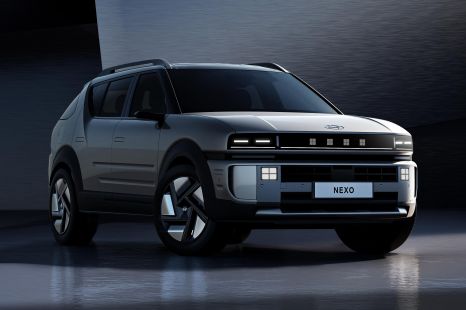

Alborz Fallah
Hyundai bets on solid-state batteries and hydrogen for the long haul
6 Hours Ago
A major supplier to Ford, GM and Stellantis will get access to BYD’s lithium iron phosphate (LFP) battery tech in a new deal.
The recently announced strategic partnership with BYD subsidiary FinDreams will see BorgWarner “be the only non-OEM localised manufacturer, unaffiliated with FinDreams Battery, with rights to localise LFP battery packs for commercial vehicles”.
The strategic partnership currently makes BorgWarner the preferred manufacturer of complete battery packs using individual FinDreams LFP cells for commercial vehicles in “Europe, the Americas, and select regions of Asia Pacific”. At present, the deal is for an eight-year term.
Additionally, the deal grants BorgWarner access to FinDreams’ intellectual property surrounding the battery pack’s design and its manufacturing process.
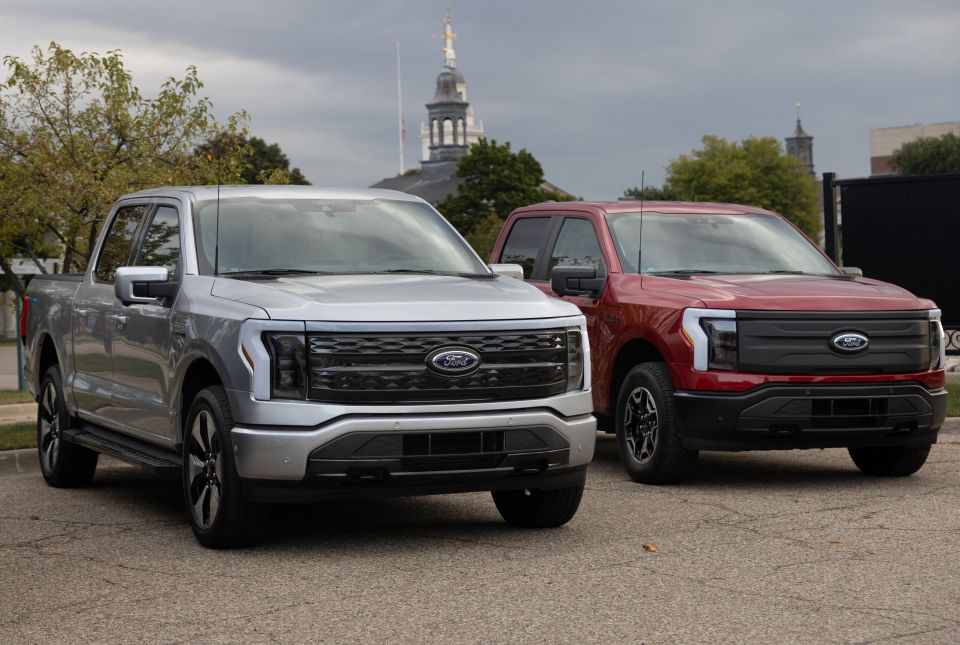
“The lithium iron phosphate battery chemistry is an exciting technology that is becoming increasingly important globally due to its cost competitiveness,” said BorgWarner president and CEO Frédéric Lissalde.
“We have seen increased demand from our customers for packs with LFP cells.
“We believe FinDreams Battery is right for BorgWarner in this area, with its 20-plus years of experience and success in LFP batteries for the mobility sector across China and Europe.”
It seems this deal – which would see an American company (BorgWarner) manufacture batteries containing Chinese (FinDreams) components – could still fall foul of the Inflation Reduction Act, which passed in 2022 and included an overhauled EV tax credit system.
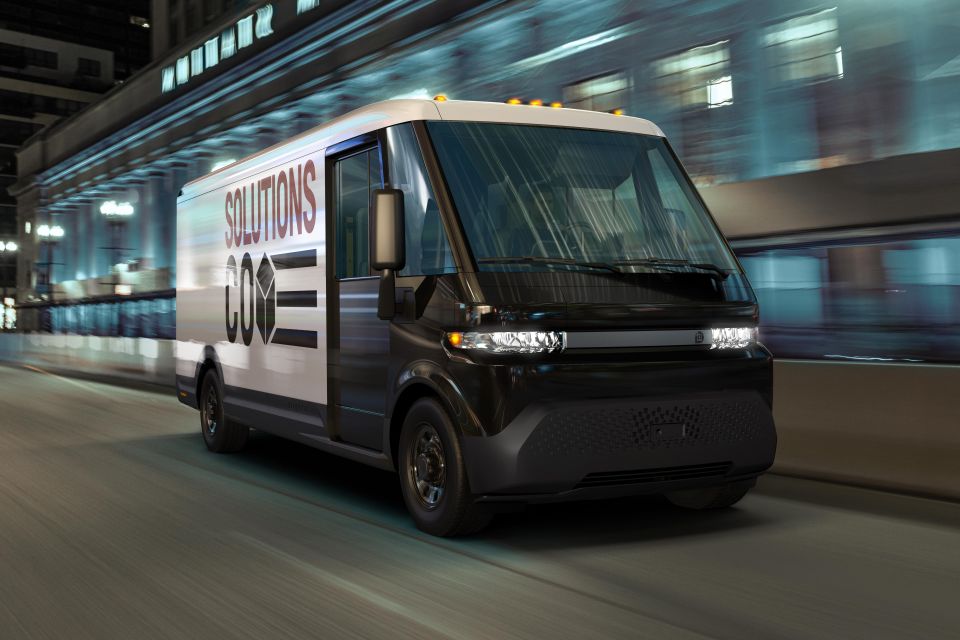
Proposed rules announced last year say that from 2024, any vehicle containing battery components made by a foreign entity of concern (FEOC) won’t receive any tax breaks in the US, and that from 2025 this would extend to vehicles with certain concentrations of battery minerals supplied or handled by FEOCs.
FEOC nations include China, Russia, Iran and North Korea.
As of November last year, BYD was the global leader in the LFP battery realm, securing a market share of 41.1 per cent according to Nikkei Asia which cited data from the China Automotive Battery Industry Innovation Alliance.
CATL came in second place, with a 33.9 per cent market share.
BYD supplies batteries to many automakers, some of which include Toyota, Tesla, Kia, as well as SsangYong and Mercedes-Benz.
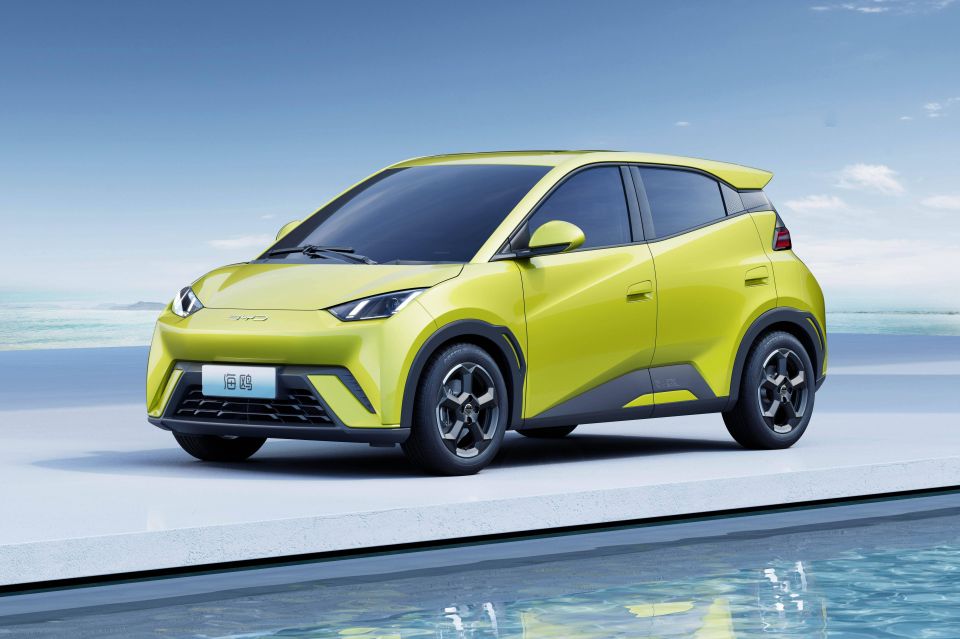
Bloomberg reports that Ford sees these cheaper batteries and the choke-hold Chinese manufacturers have on that part of the industry as a “colossal” threat.
Ford’s chief operating officer for its EV unit, Marin Gjaja said Ford better “get going on EVs, or we don’t have a future as a company” because “[the Chinese] are ahead of us in this technology”
“All of our EV teams are ruthlessly focused on cost, and efficiency, in our EV products. Because the ultimate competition is going to be the affordable Tesla and the Chinese OEMs,” said Ford CEO Jim Farley earlier this year.
Meanwhile, BYD is continuing to expand its global presence after confirming late last year it would open its first European plant in Hungary.
BYD is now eyeing a Mexican plant that could allow it to crack into the US market, the world’s second largest.
Where expert car reviews meet expert car buying – CarExpert gives you trusted advice, personalised service and real savings on your next new car.


Alborz Fallah
6 Hours Ago
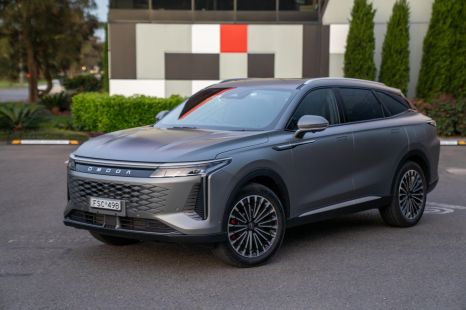

Andrew Maclean
7 Hours Ago
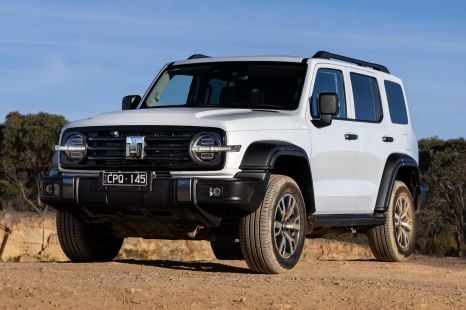

Jack Quick
14 Hours Ago
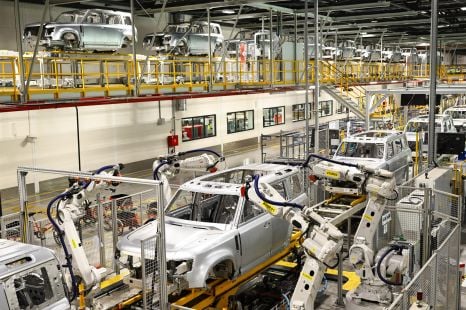

William Stopford
22 Hours Ago
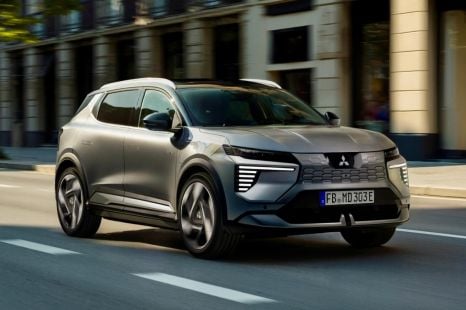

Ben Zachariah
1 Day Ago
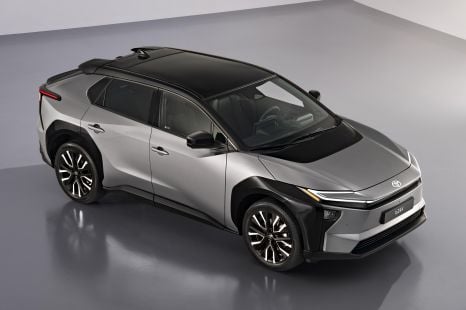

Damion Smy
1 Day Ago